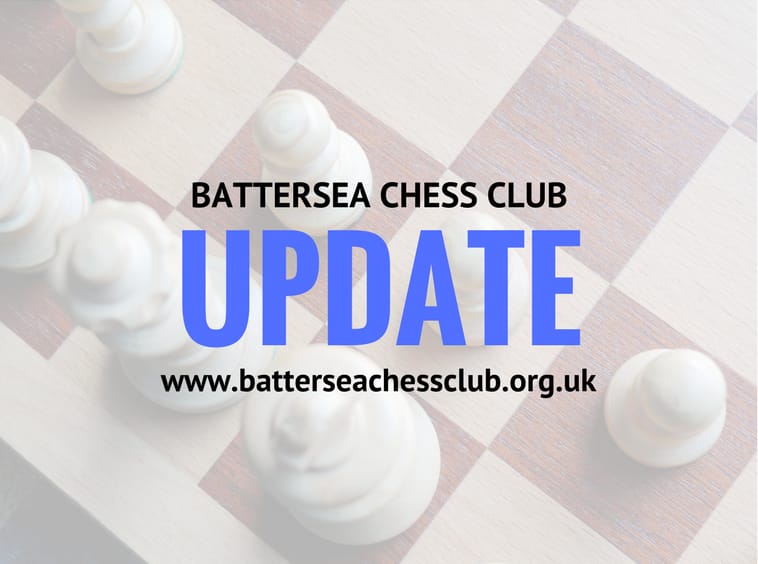Chess has become very popular in recent years, and we are seeing more tournaments than ever played every week or couple of weeks.
Everyone who plays chess wants to get better at the game, and this is something you should be aiming for regardless of how good you are at the game.
Getting better at chess does not have to be stressful as you can keep things light, simple and fun while you do so. Below, we look at a few things you should do to improve your chess skills.
Know the Rules and Basic Strategies
Every chess player should know the rules and how their pieces should move. Beginners might be confused about why a bishop or knight moves the way it does but knowing this and how other pieces move is part of the learning process.
Beyond the rules and piece moves, you should also learn the fundamentals behind the most common chess strategies and tactics. Learning this will help you learn different openings faster and also help you understand unfamiliar positions when you encounter them.
Play Lots of Games
Practice is important in getting better at something, and this also applies to chess. You should try to play as many games as possible on your computer, online and in competitions. Each of these settings is different and will expose you to different levels of pressure and require different levels of concentration to win.
Playing on your computer is great, but it is a good idea to start analysing your games using an engine as soon as you start getting better. An engine will push you to get better and will even show you analysis at the end of the game so that you know where you need to get better.
For this, you will need a relatively powerful computer because most play and analysis engines use an algorithm to analyse each of your and your opponent’s moves.
Getting a computer with a decent graphics card is advisable. For affordable options, you can learn more about the new Intel® Arc™ Graphics at Lenovo or consider getting an Nvidia or AMD card. The rest of the system should also match the minimum specs for the analysis engine you are using.
Solve Tactics Daily
A major part of playing chess is knowing what patterns, variations and lines exist on the board in certain positions and which one you can exploit for an advantage. Solving tactics helps you learn critical lines, patterns and variations so you have an easier time on the board.
You should aim for problems that require about two to three minutes per problem and a total of about 20 to 30 minutes per day. Try to solve a maximum of 10 problems a day. You can find such tactic problems on numerous online platforms.
Check Out Grandmaster Games
Checking out games by incredibly strong players will expose you to manoeuvres, ideas and tactics that you might not discover on your own otherwise. Try to put yourself in the player’s position, seeing why they played certain moves and what would happen if they deviated. The aim is to
understand why they played the moves they did.
Learning to play chess is different from trying to get good at it. To do the latter, you will need to train by playing lots of games and improve by using available resources like analysis engines and grandmaster games.


